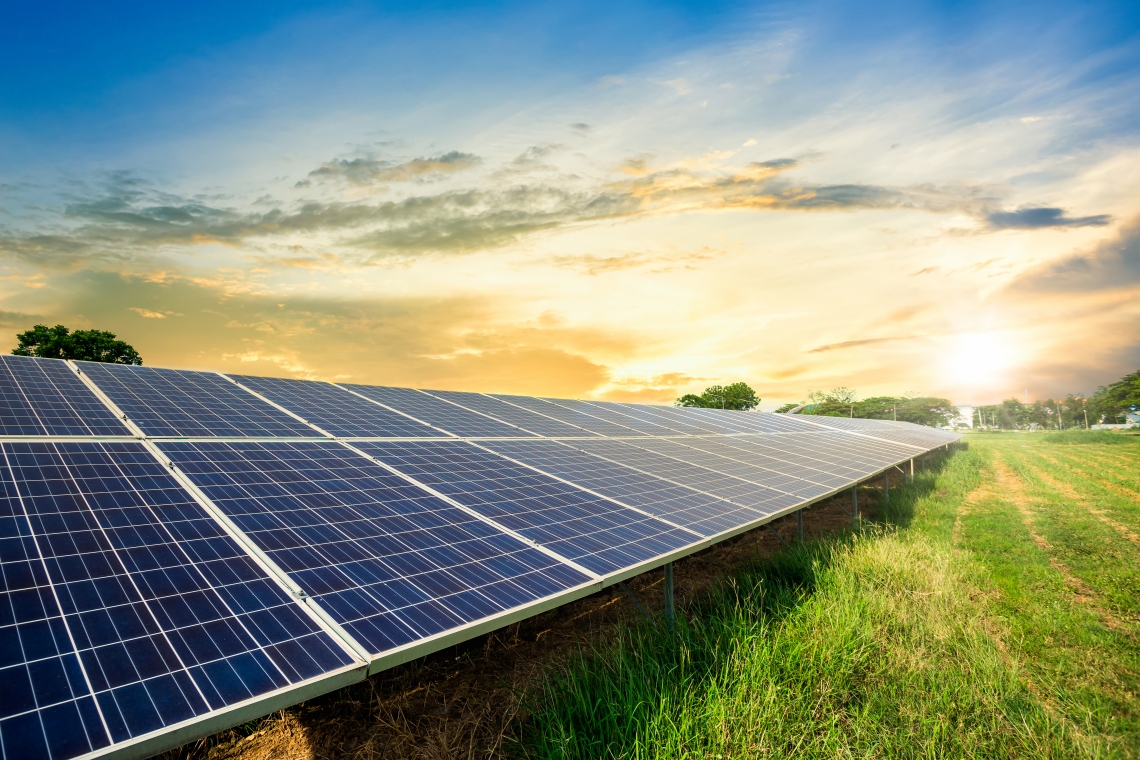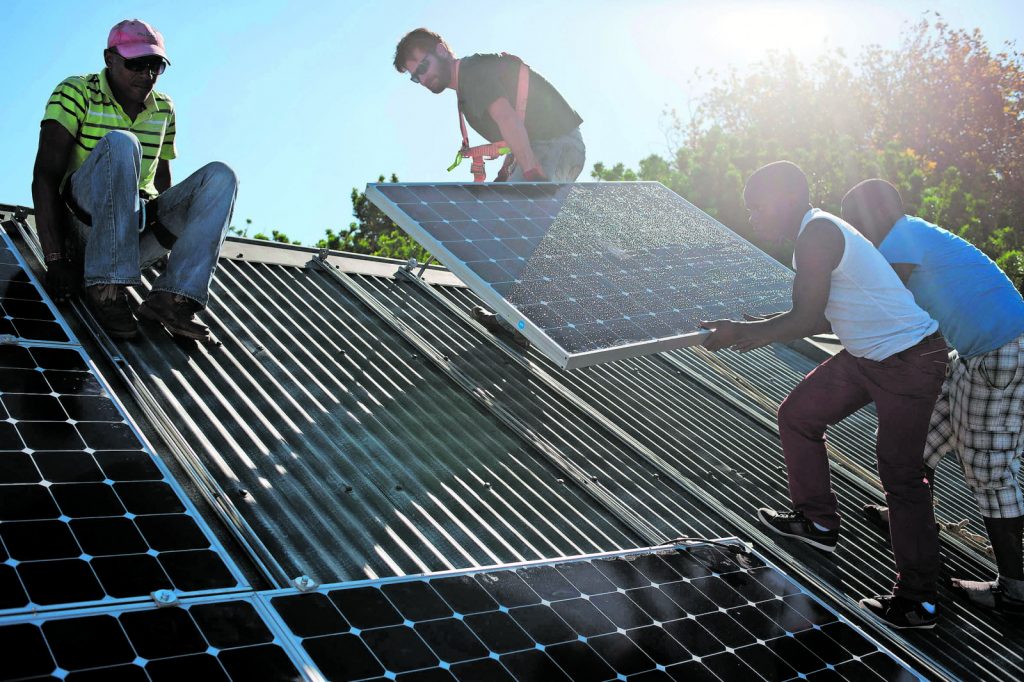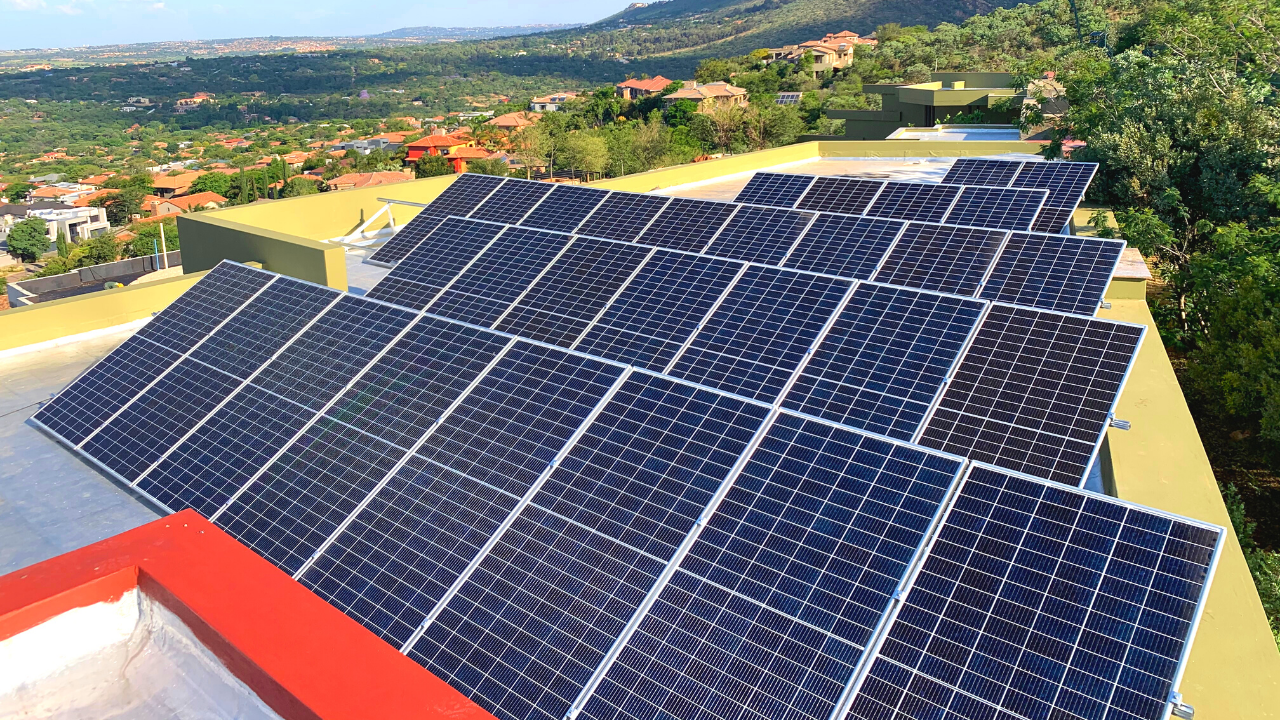Which European countries added the most solar power in 2022?
After another record-breaking year, global solar power will generate enough electricity to meet 57% of the EU’s needs in 2023.
Solar rooftop installations soared by 49 per cent worldwide last year, a major new report shows.
The increase to 118 billion watts (gigawatts or GW) worth of rooftop panels was enough to power 36 million more homes globally, according to SolarPower Europe, the continent’s member-led association.

Solar power at large grew by 45 per cent to reach 1.2 trillion watts (terawatts or TW) of energy, putting the renewable on course to generate 1,612 TW hours (TWh) of electricity during 2023. That’s equivalent to 57 per cent of the EU’s total electricity demand.
“The world has realised that fossil fuel crises are the crises that never really go away,” says Aristotelis Chantavas, president of SolarPower Europe.
“More than ever before, people in every part of the world are turning to solar. In a year defined by energy and climate crisis, solar hope continues to shine through.”

Under an update requested by the EU, Spain released a revised version of its energy and climate plan in June, which is currently out for public consultation. It increases emissions reductions targets by close to 10 per cent (to 32 per cent) by 2030. It also almost doubles the amount of solar power expected to be rolled out by the end of the decade.
While this is a significant hike, however, some climate campaigners say its goals still lack ambition and have called for a 55 per cent emissions reduction target in line with the EU’s wider target.

By 2030, renewables could account for 48 per cent of the energy mix and 81 per cent of electricity generating capacity in Spain, bolstering the country’s energy security.
“Spain is already generating around 50 per cent of its power from renewables, and coal workers could have a bright future thanks to its Just Transition strategy,” says Alexandru Mustață, campaigner at nonprofit Beyond Fossil Fuels.
Eight of the country’s high-carbon regions have already secured access to the EU’s Just Transition fund - a record among all countries under this scheme. The fund aims to ensure the transition towards a climate-neutral economy is fair and leaves no one behind.
Energy company Endesa’s 1,468 MW As Pontes coal plant will be replaced with renewable energy ventures, including a 1 GW wind project that’s set to create 1,300 jobs in the region.
However, the country is yet to set concrete closing dates for its four remaining coal plants, so there is still a way to go.




